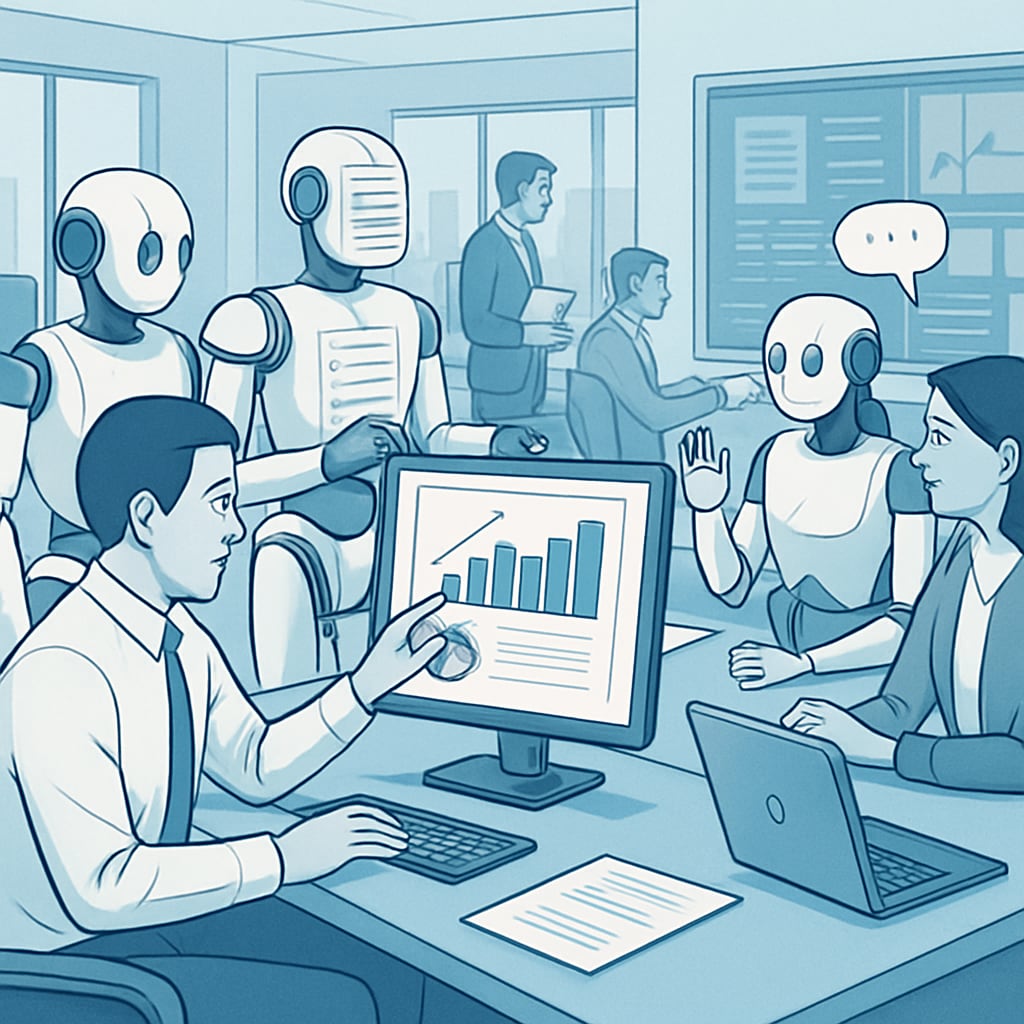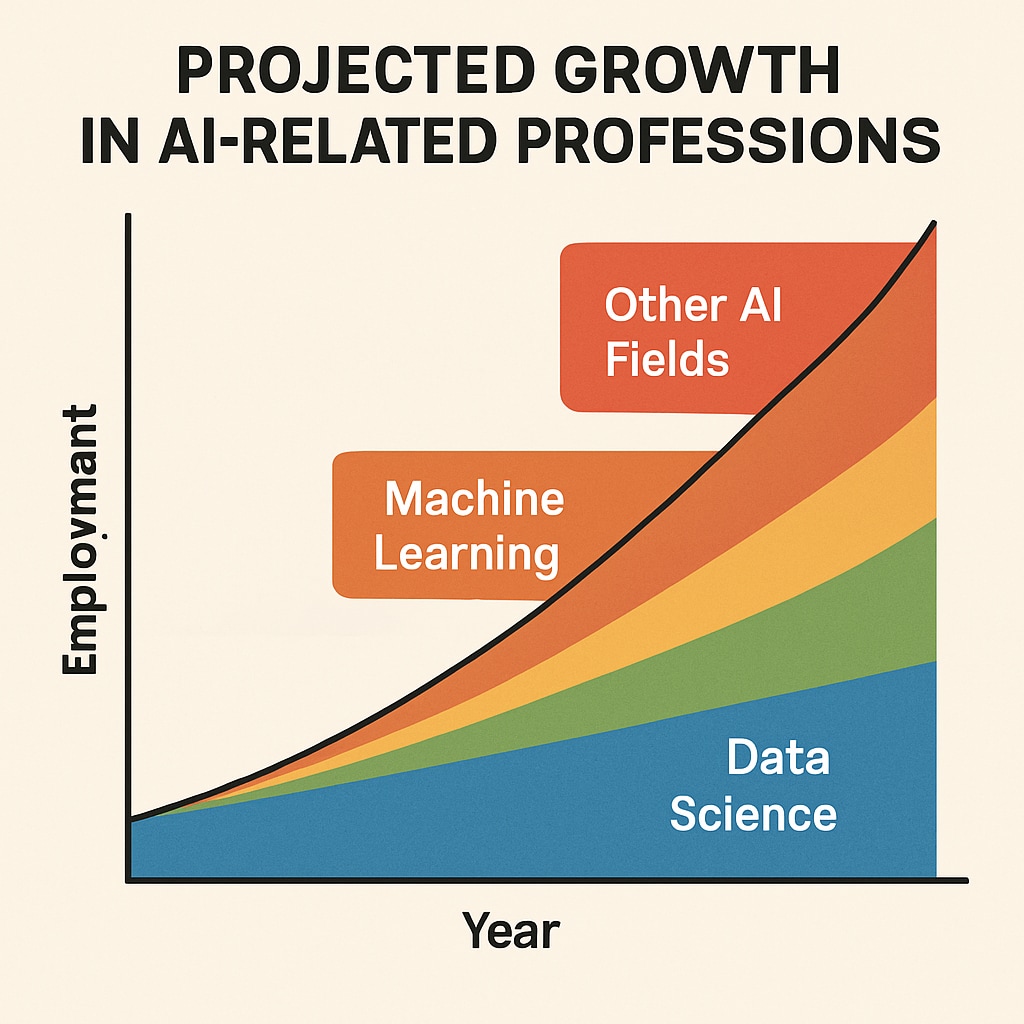The rapid evolution of artificial intelligence has transformed industries, reshaped the job market, and introduced unprecedented challenges for students facing career choices. From programmers to engineers, the lines between these professions have blurred as AI continues to redefine their roles. Understanding these career paths and adapting to the AI-driven economy is essential for students to thrive in the future.

Understanding the Distinction Between Programmers and Engineers
Many students often confuse the roles of programmers and engineers, assuming they are interchangeable. However, there are distinct differences between the two professions. Programmers primarily focus on writing code, developing software, and solving specific technical problems. Their work revolves around creating functional and efficient programs that meet users’ needs.
On the other hand, engineers approach technology from a broader perspective. They design and oversee systems, ensuring functionality, scalability, and integration. Engineers may also handle hardware alongside software, bridging the gap between technical possibilities and real-world applications. Both roles are vital, but they require different skill sets and career aspirations.
For example, according to Britannica’s overview on programming languages, programmers typically focus on mastering specific coding languages like Python or Java, while engineers may prioritize system architecture and interdisciplinary collaboration.
The Impact of AI on Career Opportunities
Artificial intelligence has brought both opportunities and uncertainties to the job market. While AI creates roles such as machine learning scientists and data analysts, it also automates repetitive tasks, reducing demand for certain traditional jobs. As a result, students must carefully consider which professions are likely to remain relevant in the AI era.
For instance, engineers skilled in AI integration, robotics, or sustainable technology are increasingly sought after. Similarly, programmers who specialize in AI algorithms or cybersecurity have a competitive edge. According to Wikipedia’s page on Artificial Intelligence, the demand for AI-related expertise is projected to grow exponentially.

Practical Steps for Students to Plan Careers in the AI Era
Adapting to the AI-driven job market requires proactive planning and skill development. Here are some practical strategies for students:
- Explore Interests Early: Engage in internships, online courses, or extracurricular activities to discover your passion for programming, engineering, or other fields.
- Learn AI Fundamentals: Familiarize yourself with AI technologies, such as machine learning, natural language processing, and data analysis.
- Embrace Lifelong Learning: The tech industry evolves rapidly. Stay updated on trends and continuously upgrade your skills through certifications or workshops.
- Build Problem-Solving Skills: Employers value critical thinking and creativity. Participate in challenges, hackathons, and team projects to refine these abilities.
- Seek Mentorship: Connect with professionals in your chosen field to gain insights, advice, and guidance on navigating your career path.
Finding Your Path Amid AI Uncertainty
While the AI era presents challenges, it also offers unique opportunities for students to redefine their career paths. By understanding the differences between programmers and engineers, staying updated on AI advancements, and acquiring relevant skills, students can confidently navigate the evolving job market. Embracing adaptability and innovation will empower future generations to thrive in a world transformed by artificial intelligence.
As the digital landscape continues to evolve, students must remain proactive, curious, and resilient. The key to success lies in lifelong learning and the willingness to adapt to change. By following these strategies, students can turn the AI revolution into an opportunity to achieve their career aspirations.


